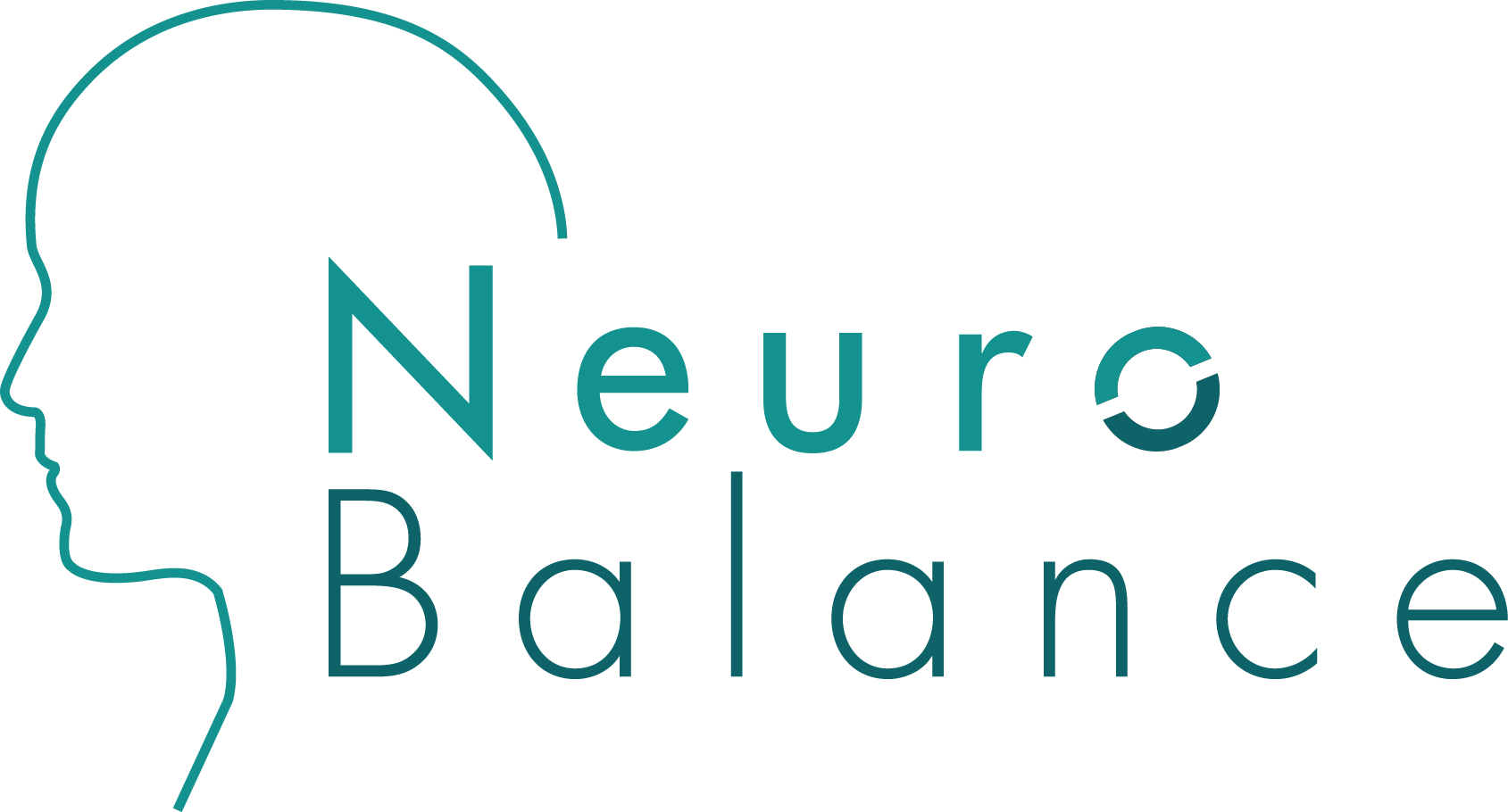Unraveling the Connection: PCOS and its Impact on Cognitive Health in Mid-Life
Polycystic Ovary Syndrome (PCOS) is a health condition that affects approximately 1 in 10 women of childbearing age, making it one of the most common hormonal disorders among women. Characterized by a combination of symptoms such as irregular menstrual cycles, excessive hair growth, acne, and obesity, PCOS is primarily known for its impact on reproductive health and metabolism. However, recent research has begun to shed light on a lesser-known facet of the condition: its potential link to cognitive decline and memory issues in mid-life.
Understanding PCOS: A Brief Overview
At its core, PCOS is a hormonal imbalance that involves higher levels of androgens (male hormones) in the body than normal. This imbalance disrupts the ovulation process, leading to irregular menstrual cycles or even absence of menstruation. Insulin resistance and inflammation are also commonly associated with PCOS, further complicating its effects on the body.
The Cognitive Connection: PCOS and Mid-Life Cognitive Health
Emerging studies have begun to explore the connection between PCOS and cognitive health, particularly in mid-life when women may start experiencing subtle changes in memory, attention, and executive functioning. The interest in this connection stems from the hormonal and metabolic disturbances inherent in PCOS, which could potentially influence brain health and cognitive functions.
Hormonal Fluctuations and Brain Function
The hormonal imbalances seen in PCOS, particularly elevated androgens and insulin resistance, are speculated to have direct and indirect effects on the brain. Androgens have been shown to influence brain structure and function, and their elevated levels might alter neural pathways critical for memory and cognitive processes. Moreover, insulin resistance, a common feature in PCOS, is known to affect brain insulin signaling, which plays a vital role in memory and learning.
Inflammation and Cognitive Decline
Chronic inflammation, another hallmark of PCOS, is increasingly recognized as a risk factor for cognitive decline. Inflammatory markers, which are often elevated in women with PCOS, have been linked to reduced cognitive abilities and an increased risk of neurodegenerative diseases. This suggests that the systemic inflammation observed in PCOS could also be contributing to the cognitive challenges faced by affected individuals.
The Evidence: Research Findings on PCOS and Cognitive Health
Recent studies have provided compelling evidence supporting the link between PCOS and cognitive changes. For instance, research has indicated that women with PCOS may perform differently on cognitive tests, especially those assessing memory and executive function, compared to women without the condition. While these findings are preliminary, they underscore the importance of considering cognitive health as part of the management and treatment of PCOS.
Addressing the Issue: Implications for Women with PCOS
The potential impact of PCOS on cognitive health highlights the need for a holistic approach to managing the condition. This includes regular monitoring of cognitive functions as women with PCOS age, as well as interventions aimed at reducing insulin resistance and inflammation, which could, in turn, mitigate cognitive decline.
Lifestyle modifications such as diet, exercise, and stress management, along with medical treatments tailored to individual needs, can play a crucial role in managing both the physical and cognitive aspects of PCOS. Additionally, further research is essential to fully understand the mechanisms underlying the PCOS-cognitive decline connection and to develop targeted strategies to protect brain health in women with PCOS.
Conclusion
While PCOS is primarily viewed through the lens of reproductive health, the emerging evidence of its association with cognitive decline and memory issues in mid-life adds a new dimension to the condition. Understanding and addressing these cognitive aspects is crucial for improving the overall well-being and quality of life of women with PCOS. As research continues to unravel the complexities of PCOS, it is hoped that more light will be shed on how to effectively combat its wide-ranging effects, including those on cognitive health.
-A Balanced Brain is a Better Brain for a Happier Life-
